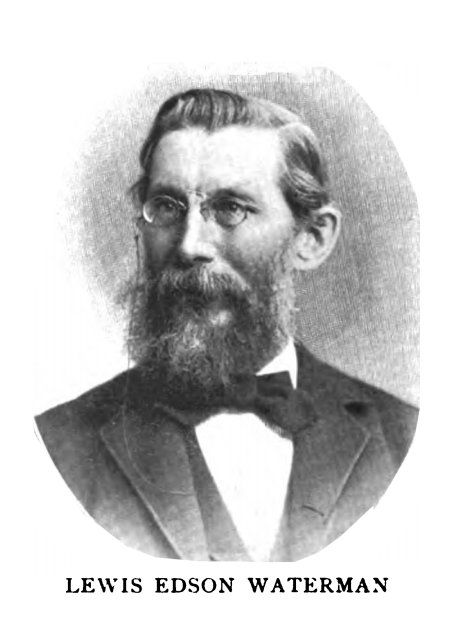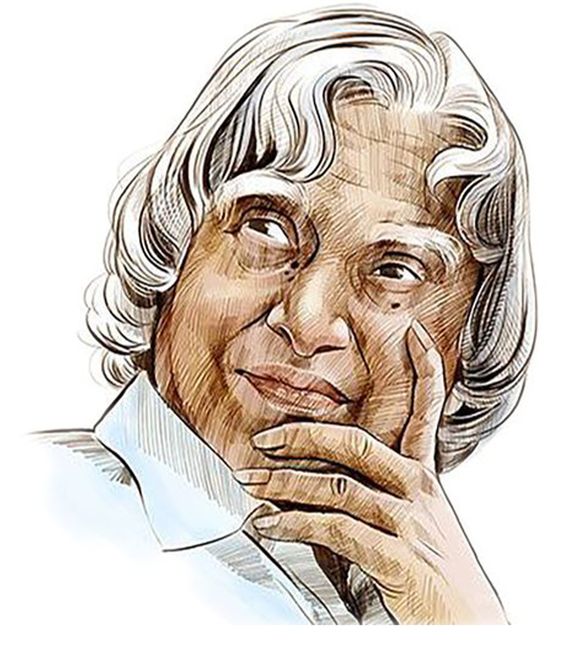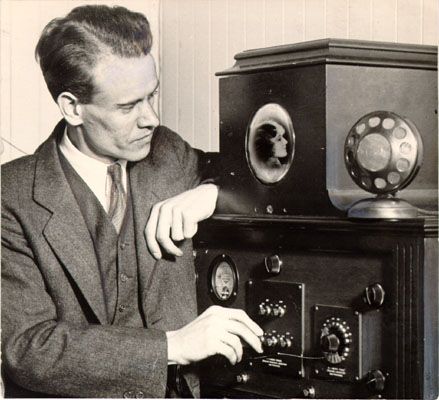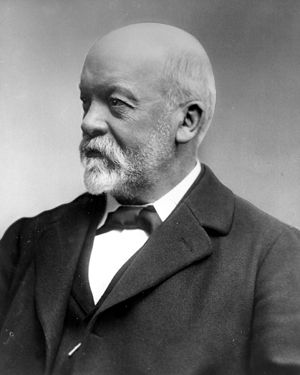The Ingenious Inventor: Unveiling the Story of the Man Behind the Pen
Introduction: Pens have been a ubiquitous tool for writing and expression throughout human history. Behind this essential writing instrument lies the story of an ingenious individual whose invention revolutionized the way we record and communicate our thoughts. In this blog, we delve into the life and contributions of the man who invented the pen.
The Need for a Better Writing Instrument: Before the invention of the pen, people utilized various writing tools such as reed pens, quills, and brushes. While effective, these instruments had their limitations, including the need for constant ink dipping and frequent wear and tear. The quest for a more convenient and durable writing tool led to the development of the pen.
The Inventor’s Identity: The invention of the pen can be attributed to several inventors who contributed to its evolution. However, one figure stands out as a key pioneer in the pen’s development: Lewis Waterman. Waterman, an American inventor, played a significant role in refining and popularizing the modern fountain pen.
The Fountain Pen: A Game-Changing Invention: Lewis Waterman’s breakthrough came in the late 19th century when he sought to solve the issue of inconsistent ink flow in existing pens. He devised a mechanism that allowed for controlled and continuous ink flow, resulting in the creation of the first practical fountain pen. This innovation marked a significant milestone in the evolution of writing instruments.
Advancements in Pen Design and Technology: Following Waterman’s invention, numerous inventors and companies contributed to further improving pen design and functionality. The development of ballpoint pens, rollerball pens, and gel pens introduced new writing experiences, offering smoother and more precise writing capabilities. Today, pens come in various forms, including retractable, ergonomic, and customizable options.
The Impact of the Pen on Writing and Communication: The invention of the pen had a profound impact on writing and communication. It provided individuals with a reliable and portable tool for expressing their thoughts, recording information, and creating art. The convenience and versatility of pens made them essential instruments in education, business, and everyday life.
The Pen’s Enduring Appeal: Despite the digital age and the rise of electronic devices, pens continue to be valued for their tactile nature and the personal connection they offer. Many individuals appreciate the physical act of writing with a pen, finding it more intimate and meaningful than typing on a keyboard. Pens also hold symbolic significance, representing creativity, literacy, and intellectual pursuits.
Collecting and Appreciating Pens: The world of pen enthusiasts and collectors has grown significantly, with individuals appreciating the craftsmanship, design, and historical value of pens. Vintage pens, limited editions, and luxury brands attract avid collectors who seek to preserve and celebrate the artistry behind these writing instruments.
Conclusion: The invention of the pen, pioneered by individuals like Lewis Waterman, revolutionized the act of writing and communication. From the early fountain pen to the diverse range of pens available today, this remarkable invention has shaped the way we express ourselves and preserve our thoughts. The enduring appeal of pens highlights the profound impact they have had on human culture and their continued relevance in a digital era.
Sources:
- “A Brief History of Pens and Writing Instruments.” The Pen Company.
- “The History of the Pen.” National Pen.
- “The Fascinating History of the Fountain Pen.” The New York Times.
- “Inventor of the Fountain Pen: Lewis Waterman.” The Writing Pen Store.
- “The Art of Collecting Pens.” Antiques Roadshow.
- “Why Do We Still Use Pens?” BBC Future.
- “The Evolution of Writing Instruments.” Office Museum.
- “The History and Importance of the Pen.” Sensa Pens.









